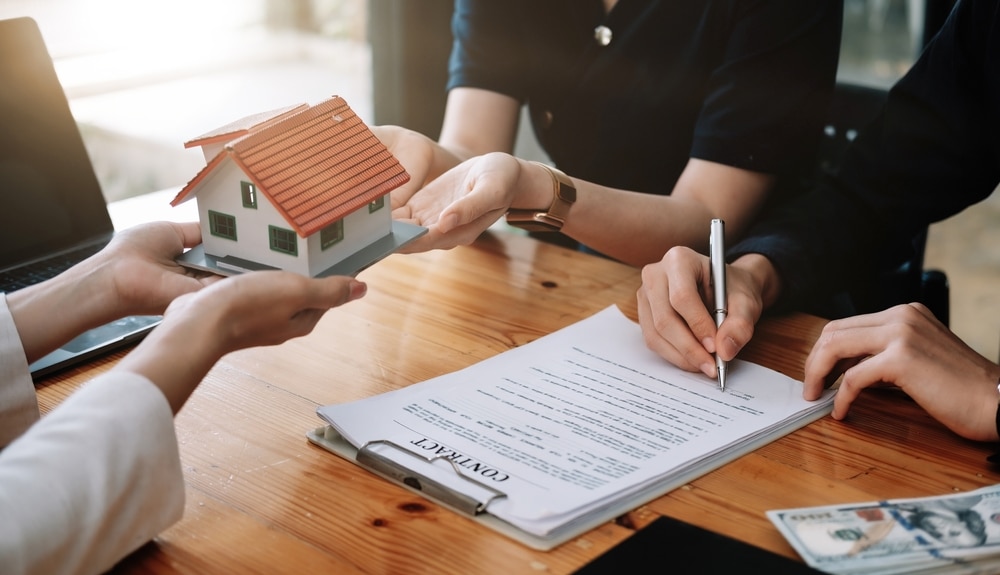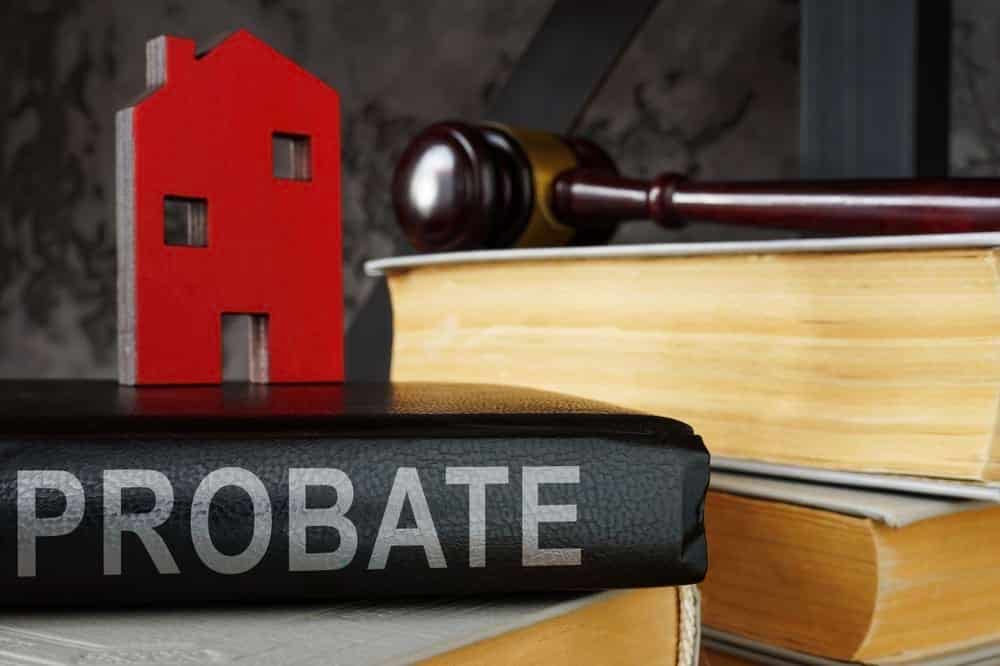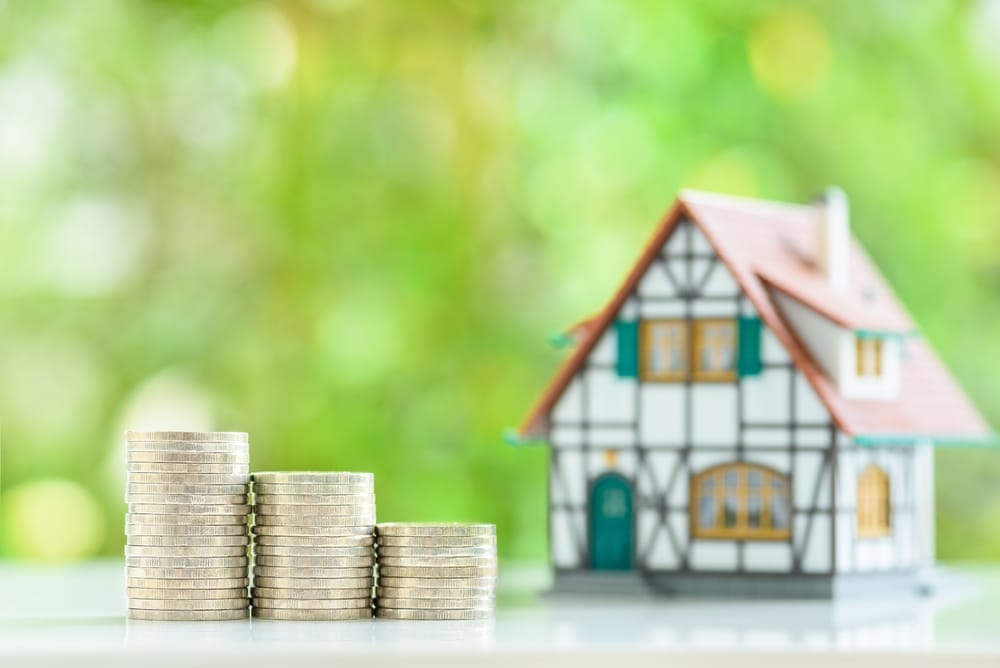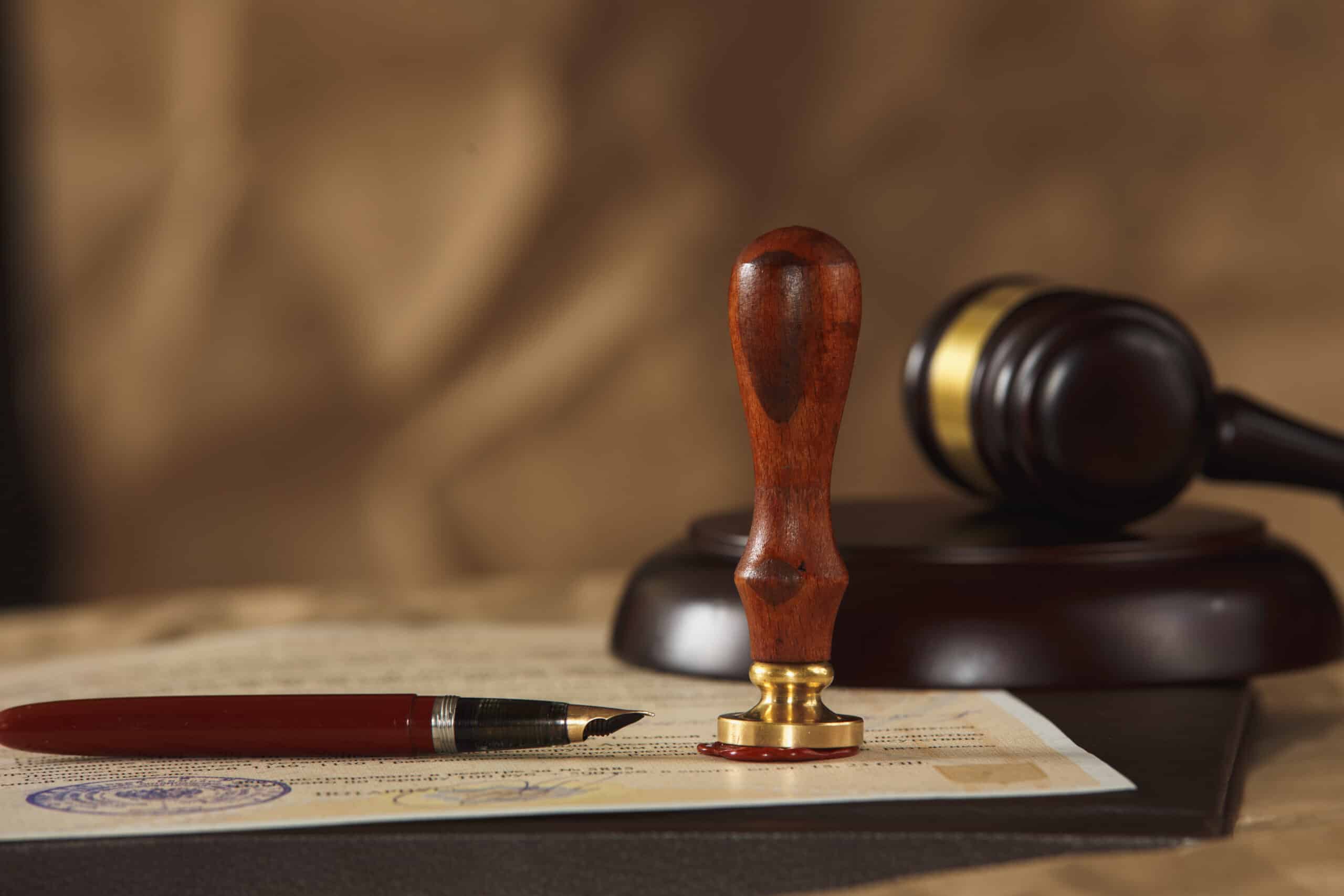Inheriting a property through probate brings responsibility at a difficult time.
It leaves you with several options.
Read on to explore what they are.
Sell, rent out or live in it
Get professional advice
Before making a decision, seek advice from professionals. This includes estate agents, accountants, or financial advisors.
Their expertise can help you understand:
- The potential value of your property
- The expected repair costs
- The benefits of rental income or personal use.
For example, if major structural repairs are needed, selling may be the best option unless. Unless, of course, you can afford a total renovation that brings return on investment (ROI).
Visualise what’s possible
Take time to visit and visualise possibilities in the inherited property.
Walk through each room and make notes on needed renovations. Think about how you might use the space if you moved in or how it could be arranged for optimal rental income.
When deciding whether to occupy or rent out the home, you should also consider nearby amenities like schools, shops, and parks.
Evaluate the neighbourhood
Take time to visit and visualise possibilities in the inherited property.
Walk through each room and make notes on needed renovations. Think about how you might use the space if you moved in. Or how it could be optimised for rental income (for example, as a HMO).
Consider nearby amenities like:
- Schools
- Hospitals
- Shops
- Parks.
Get a quotation for the cost of repairs
Before determining the best use of the inherited property, get quotes from professionals for any repairs and improvements needed.
This can range from issues to do with plumbing to decoration. (Remember, there are a number of things you don’t need to fix, too.)
Provide access for inspectors and contractors to evaluate thoroughly. Obtain at least three quotes for significant projects to compare.
Ask yourself what is needed urgently, like roof replacement, versus desirable upgrades. Understand how essential repairs impact the property’s value if you sell or rent it out.
Use repair estimates to develop a realistic budget and factor in materials and labour costs.
Fix structural issues
Since structural problems can lead to much larger expenses. This may make it harder to sell or rent out your inherited property in the future.
Focus first on critical repairs to the foundation, walls, and roof. Signs of structural issues include:
- Cracks
- Uneven floors
- Misaligned walls and doors
- Damp
- Mould
- Leaks.
Hire structural engineers to diagnose and suggest remedies. Make safety your top priority for the property.
If the roof leaks, for example, get it repaired. Or replace it immediately before water damage worsens.
Repair cracked foundations and install proper drainage to prevent future shifting and cracks. Refurbish any unsafe electrics, gas systems, and plumbing.
Make your house look presentable.
Once major structural repairs are complete, cosmetic upgrades can modernise the inherited property.
This and boost its rental appeal or resale value. Painting the interior and exterior immediately freshens things up.
And you should update old kitchens and bathrooms if needed. It’s also worth exchanging dated finishes for contemporary ones.
Update the interior decor
- If you want to sell or rent the home, style it neutrally for broad rental or sales appeal.
- Install new flooring, as old carpets can harbour dust and allergens. If possible, bring in more light with new window treatments.
- Consider adding accent walls or painting woodwork in an accent colour to add personality without overwhelming potential renters or buyers.
- Replace outdated light fixtures, taps, door handles and window hardware with modern brushed nickel or matte black hardware.
- Consider repainting the front door a cheerful colour and adding small touches like a welcome mat.
Spruce up the exterior
- Plant flowers outdoors, trim bushes and hedges and refresh mulch in garden beds.
- Power wash exterior surfaces like siding, brick, and pavement to refresh the façade.
- Add exterior lighting near entryways and porches to improve safety and visibility and replace any broken fencing or sheds.
- Clean out and organise the garage or other storage spaces and add hooks, shelves, and storage bins for convenience.
Little cosmetic updates can make an inherited property feel bright and welcoming without breaking the bank. They add to curb appeal and make interiors more inviting. With some time and elbow grease, you can update the look of your property without huge expense.
Get up-to-date certificates
You must obtain several required certificates and documents to legally rent or sell the inherited property.
- Ensure all electrical and gas systems are inspected by qualified professionals and certified as safe.
- Obtain an Energy Performance Certificate gauging energy efficiency and potential improvements.
- You should also have appliances like boilers or gas fireplaces and stoves serviced and certified.
It’s worth getting annual safety certificates for fire prevention systems, lifts, or other features confirming that smoke and carbon monoxide alarms meet current standards and checking for valid water system certifications. Also, review any leaseholder or freeholder requirements.
Important Documentation for Selling Inherited Property
In addition to certificates, you may also need to provide other documentation at the time of sale or when renting out the inherited property. This includes the title deed, outstanding mortgage information, council tax details, floor plans, appliance instruction manuals, and warranties.
Gather user guides and manuals for the boiler, alarm system, and any other installed systems so you can educate new owners or renters. Consider preparing a guide for operating any finicky systems in the home, and find records of previous utility bills to provide evidence of average household costs.
Once complete, compile all current safety certificates and keep them updated annually. Proper paperwork and certificates demonstrate that the inherited property is legally compliant for rental or sale.
Save the time and money of improving by selling to a cash buyer
It is possible to sell a house in bad condition. If you are pressed for time or funds to repair and update the inherited property before selling, consider offers from cash home buyers.
A cash home buyer will purchase the house or flat in its current condition, with less requirement for repairs and a certificate first, compared to renting it out or selling on the open market.
This option provides funds sooner without hassling with contractors and carrying costs. It avoids the responsibilities and headaches of being a landlord, too.

















